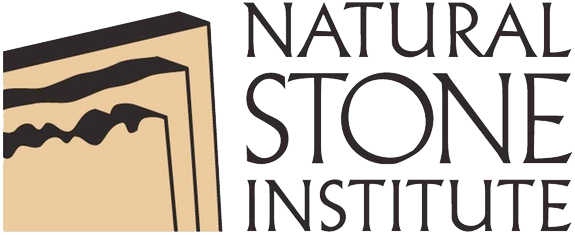With the advent of online reviews, HGTV and social media, consumers are saturated with options ranging from natural stone, engineered quartz (quartz surfacing), pre-cast concrete, porcelain, glass, stainless steel, sintered surfaces and so on. Of course, I am partial to natural stone! However, there is so much confusion about what is “natural” that consumers aren’t always getting the truth.
That is why it is important that we, as members of the natural stone industry, “tell the story” of natural stone. In 2016, our association created usenaturalstone.org for this exact purpose. It is a collective effort by our industry to promote the use of natural stone through positive articles, advertisements and outreach to consumers, architects, designers and specifiers. Over 100 articles have been published. The goal is to educate and inspire readers about the benefits of choosing genuine natural stone.
What is your role in helping tell the story? Well, we need you to help set the record straight. Far too often, the line gets blurred when manufacturers of manmade materials refer to their products as natural, or even as natural stone. For example, in 2014, Cambria published the following on their website: “At Cambria, we pride ourselves on being the only family owned, American company in the natural stone business.” The Natural Stone Institute reached out to Cambria and they graciously listened to our request to be more accurate in their description and they changed their website. However, fast forward to 2019 and Cambria is again referring to their products as “natural stone.” A simple search on their social media sites continues to showcase this practice. They are not alone, as other manufacturers have also blurred the line from time to time.
As producers of manmade products continue referring to themselves as “natural stone,” mass consumer confusion will continue to exist in the market. That is my point – our collective focus should be on discussing trends, performance and setting proper expectations with our clients.
We should not become an industry where manmade products are called natural. These products may have natural components, but that should not provide a path to referring to manmade products as “natural stone.”
How can you help?
- Be aware and talk to your industry partners who are blurring the line.
- Use the resources at www.usenaturalstone.org to educate your customers about genuine natural stone.
- Educate your employees on how to explain the differences between natural stone and manmade alternatives. Make sure they are not adding to the customer’s confusion.
- Encourage your network to follow Use Natural Stone and the Natural Stone Institute on social media.
- Join the conversation by using the #UseNaturalStone hashtag.







